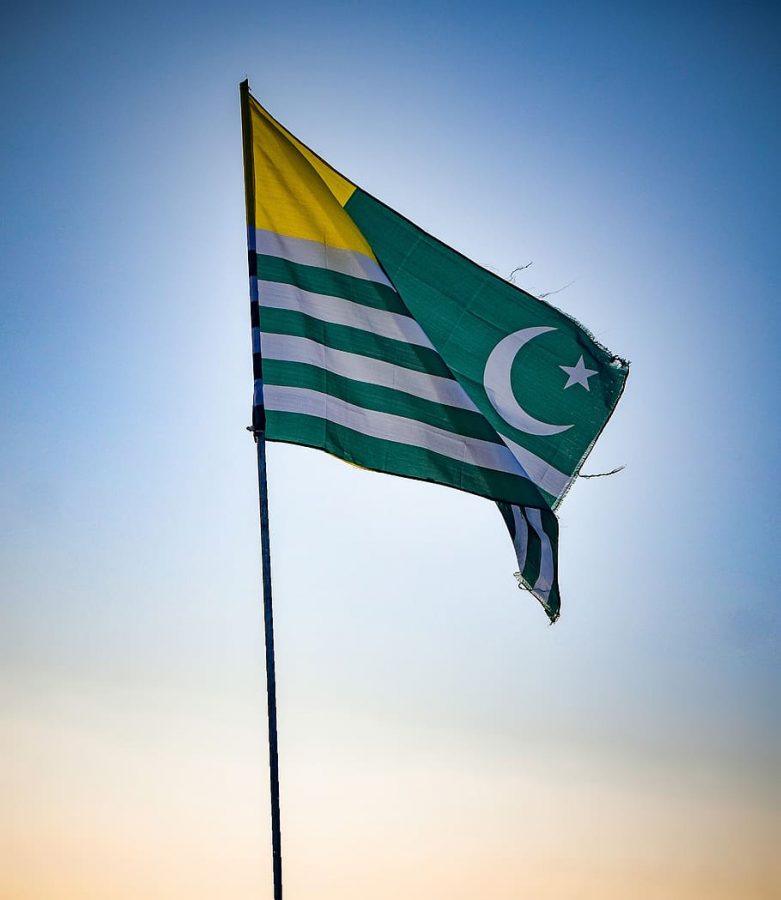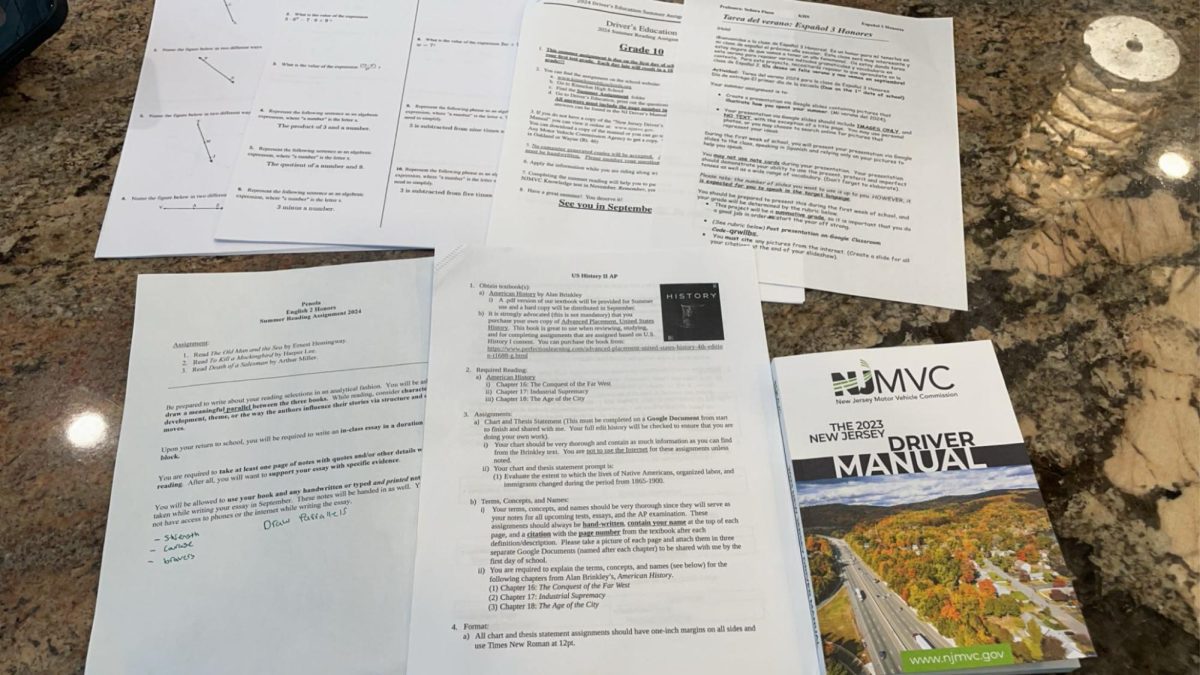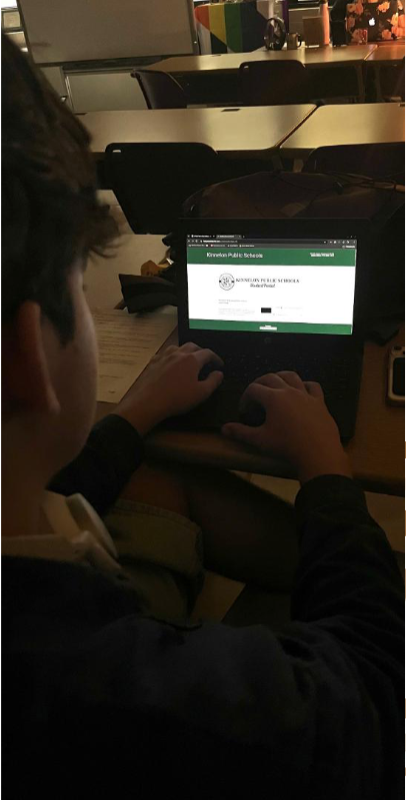Kids scream until tears quench out of their eyes as their parents try to escort them to safety. The smoke from the bombs rises and catches up to them. They run for their lives from the smoke, not knowing if it is poisonous or not, with men in armor and suits bombarding their country, their home: their home that may no longer be there.
The families of Kashmir sit in silence, disconnected from the world, with no voice to scream for mercy; as they die and we live, we feel no guilt, and some don’t even know about it. How can this world be so clueless to the deaths of so many, and how can they ignore them so selfishly? The families have become victims, due solely to a hunger for power and money.
On August 15, 1947, the state of Kashmir began its battle of independence, called the day of partition of “Hindustan” (a combination state that included countries such as Pakistan, India, Afghanistan, Nepal, Tibet, Sri Lanka, Myanmar, Bhutan, and Kashmir).
This partition was due to the Muslim mistreatment in Hindustan, in which the action of Muhammad Ali Jinnah (leader of the All India Muslim League from 1913 until the formation of Pakistan and founder of Pakistan) led to the government agreeing with the partition, resulting in the formation of Pakistan. Though the wish was initially fulfilled, there were many casualties during the partition and a lot of decisions between the two were left undecided, such as the status of Kashmir.
All the leaders of each state had to make a decision during the partition of Pakistan and India to decide whether they wanted to be part of Pakistan (Muslim Majority) or India (Hindu Majority). This is where Kashmir’s decision was an issue since Kashmir’s population was a Muslim majority and their ruler, Maharaja Hari Singh, was a Hindu. The Maharaja insisted that he wanted to be a part of India, which resulted in Pakistan invading Kashmir. Maharaja then sought help and was told that he would get it but only if he decided to join India. The Indian government’s interference pushed Pakistan, leaving them hold of only one-third of Kashmir.
Article 370 was created by India establishing the terms of accession of Kashmir, where it stated that Kashmir would be a semi-autonomous state under the government of India. Article 370 states that any other Indians who are not from Kashmir can not purchase land or permanently settle on the land. This was enforced because India was afraid that the citizens of India would migrate to Kashmir due to overpopulation in India; this would change Kashmir’s demographics, which many Kashmiris did not like. Article 370 also enforced other rules such as the rule that if a Kashmiri woman were to marry an Indian male she would lose all her claim to any property in Kashmir.
Now India is governed by Hindu nationalists, their Prime Minister Narendra Modi included. They are interested in Kashmir because they want to demolish Kashmiris’ desire for independence by altering the demographics of the region. They plan to perform the alteration through the migration of non-Kashmiri Indians, allowing them to purchase land in Kashmir. These plans conflict with the statements made by the Article, explaining (but not justifying) Modi’s act of demolishing the provisions of Article 370. As a result, conflict has risen and the fight from Kashmiris is in action, but if India is successful it will lead to the indigenous peoples’ diminished aspiration for Independence, as they will become a minority with less representation in their state.
This is a more recent act of violence performed by the Hindu nationalists; however, they have a history of causing problems. The Bharatiya Janata Party’s (or BJP, for short) parent company, RSS, is responsible for the assassination of Mahatma Gandhi, one of the most inspiring leaders known worldwide. RSS has also been recorded for almost 3 terrorist actions in the past.
Pakistan is also involved with the violence surrounding Kashmir. Pakistan’s prime minister, Imran Khan, shared his views on it recently in the media. He has stated his concerns with both Pakistan and India being nuclear power countries, and if any conflict arises he is certain that it will be a global threat. Though nuclear power is the last resort for both countries, both could potentially be pressured into using it due to extreme conflict.
There is also a negative role played by the Pakistani army; similar to the BJP in India, they are avoiding resolution due to the money they are provided if they do so.
Overall this is a political gimmick between India and Pakistan that is causing violence and a negative impact in Kashmir. This is similar to other scenarios that include America, such as the Iraq War and the Syrian War, where political gimmicks are involved and end up taking priority over safety; this damages families and the youth in the country’s life. The aim was more to keep the source of oil safe. This shows that countries fight for economically selfish reasons, and only step into existing battles when they are negatively affected by anything that goes on during the conflict.
This is what is happening with Pakistan and America, where Imran Khan has asked for help from America but has yet to receive a response since America has no major interest in Pakistan’s sources. The U.S. has also not made a definitive decision on who to support between the two countries (India and Pakistan).
Countries no longer fight for peace, but instead for money. If everyone truly wanted peace, then we would have had it by now, but unfortunately, power has become a higher priority.









